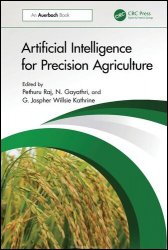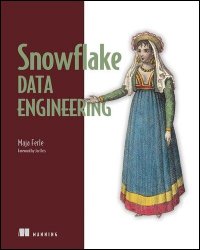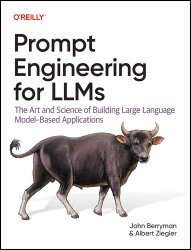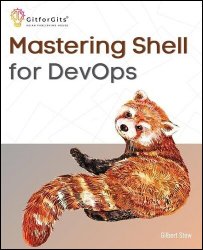- Добавил: literator
- Дата: 19-11-2024, 06:45
- Комментариев: 0
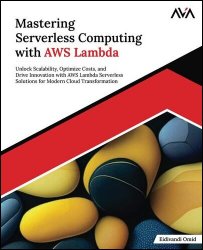 Название: Mastering Serverless Computing with AWS Lambda: Unlock Scalability, Optimize Costs, and Drive Innovation with AWS Lambda Serverless Solutions for Modern Cloud Transformation
Название: Mastering Serverless Computing with AWS Lambda: Unlock Scalability, Optimize Costs, and Drive Innovation with AWS Lambda Serverless Solutions for Modern Cloud TransformationАвтор: Eidivandi Omid
Издательство: Orange Education Pvt Ltd
Год: 2024
Страниц: 317
Язык: английский
Формат: pdf, epub
Размер: 35.1 MB
Design and Build Scalable Solutions on the AWS Serverless Ecosystem. AWS Lambda, a key component of AWS Serverless Computing, has transformed application development by allowing developers to focus on code rather than infrastructure. Mastering Serverless Computing with AWS Lambda is a must-have guide for leveraging AWS Lambda to build efficient, cost-effective serverless cloud solutions. This book guides readers from serverless basics to advanced deployment, offering practical approaches to building resilient, scalable applications. Beginning with an introduction to serverless computing, the book explores AWS Lambda fundamentals, covering invocation models, service integrations, and event-driven design. Practical insights into hyper-scaling, instrumentation, and designing for failure empower readers to create robust, production-ready solutions. This guide covers core concepts of serverless computing, including optimizations, automation, and strategies to navigate potential pitfalls. It emphasizes AWS Lambda’s resiliency, scalability, and disaster recovery, using real-world examples to showcase best practices.


